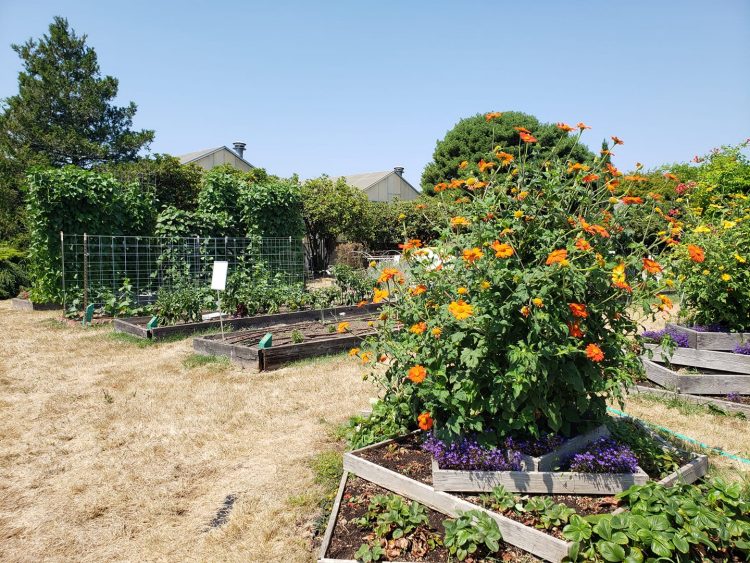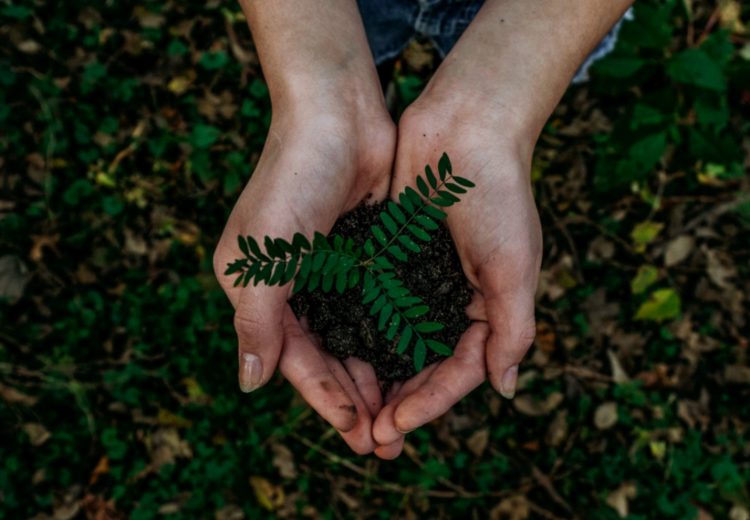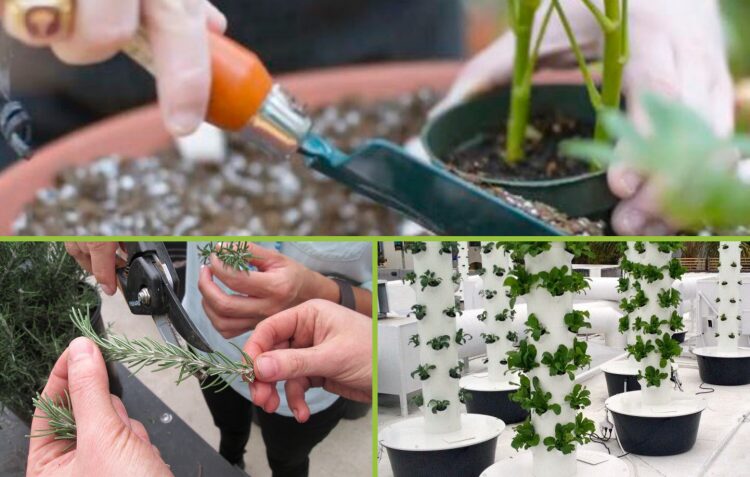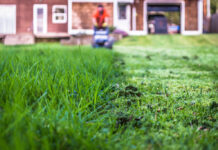
Covid-19 lockdown measures have varied from one area to the next, but most countries affected have demanded that residents stay home and stop socialising. With so many popular hobbies consequently off-limits, thousands have been turning to their garden to entertain themselves.
In the UK, the Royal Horticultural Society reported a 500% increase in visitors during the first nine days of lockdown to its ‘how-to’ page on composting, compared to the same time last year. The Society also reported a 500% rise in requests for information on dividing perennials and a 40% rise in visitors to the pages on managing lawn moss and sowing seeds outdoors. The Society undertakes a wide range of work which includes sharing practical knowledge on plants and gardening with both adults and school children alike.

Whilst gardening may be a good answer to the entertainment shortage, there is a more serious undertone in taking up this hobby for some. Governments across the world quickly put in place protectionist measures to prevent food shortages – but panic buying and a shortage of field workers have seen empty shelves in many areas.
In the States, concerns of food shortages have prompted an interest in the ‘grow your own’ movement to ease worries over the distribution of crops. The Burpee Seed Company based in Penn reported an unprecedented flood of vegetable orders; while Oregon State University’s offer of a free vegetable gardening course on social media has been shared more than 21,000 times.
Baker Creek Heirloom Seeds in Missouri similarly reported 10,000 orders on Monday, 30 March alone, around 10 times what they would expect – overwhelming the company. Seed companies in England have reported a similar boom, with one company resorting to limiting the time its website was open for online sales to just two hours on a Sunday evening.

Seeds would perhaps have been something most of us might have made a trip to the garden centre to acquire. But garden centres in England, UK were forced to close their doors in England on March 23rd, due to the outbreak. At present, they remain shut – and the lockdown will cause an estimated £687m in lost plant sales by the end of June should it continue However, whilst the Prime Minister did not directly reference garden centres in his latest speech, senior Government sources have confirmed to the BBC that they will be allowed to open again from May 13th in England. This will be welcome news to many growers who have been facing a major stock write off and have declared themselves on the brink of insolvency.
The renewed interest in gardening hasn’t been exclusive to the Western world. Elsewhere, it is reported that Russians are isolating themselves in cottages out-of-town and growing veg on plots of land, whilst those in Singapore who rely strongly on imports are turning to rooftop gardens to sustain themselves.
For those gardening to support themselves, is it really possible to sustain a family off a small plot of land? In the 1970s the Ecology Action Organisation together with John Jeavons found that you would need a plot of 4,000 square feet (approx. 370 square metres) to sustain one person on a vegetarian diet for a year. However, you’d also need a further 4,000 square feet for storage and access paths – so in total, you would have to have a plot around 80 by 100 feet (or 24 by 30 metres) for each person. The average British garden is 40 square feet according to Foxtons, so it is unlikely a family would be able to achieve self-sufficiency from their back lawn. Further, many hours of work would be required to tend a plot so big.

This shouldn’t put people off altogether. It is true that the majority of us may not achieve full self-sufficiency akin to Tom and Barbara Good in the immensely popular 70s series, ‘The Good Life’. However, it is thought that home vegetable gardening could reduce demand for trips fetch groceries, thereby helping to curb the spread of the virus.
May is an important month for those looking to plant crops as it is when most vegetable seeds are sown. The weather in England has warmed up sufficiently for many seeds, such as carrots, lettuces, cabbages, zucchini, beans, peas and radishes can be planted directly into the ground. Many seedlings that have been planted under cover may also now be transplanted. Many plants can be planted in succession (every 2 – 4 weeks) to deliver a higher yield from a smaller space. The space used for those with a short growing season – peas for example – can also be replanted with crops that are suitable for later in the season, such as aubergine (eggplant). Carrots, lettuce, bok choi, radishes, spinach and turnips are also great choices for succession planting.
Of course, these are all steps to take for those looking to their garden for food. Many of us simply want to relax in the sun, surrounded by beautiful blooms. If digging, planting and tending to seedlings all sounds like a little too much hard work, there’s another solution to effortlessly spruce up your garden space: artificial flowers may be the answer.

UK-based supplier ArtificialFlowers.company has seen a huge spike in orders for their fake hanging baskets, topiary balls and other artificial products since the beginning of lockdown.
They noted, “Our orders have increased by around 5 times, and April has been the biggest month for sales we have seen to date. Artificial hanging baskets are a great way to brighten up the garden without having the hassle of planting, watering and feeding a hanging basket or container every single day. They last a long time and modern-day designs look wonderfully realistic.”
Whilst the measures in England are set to partially lift over the coming weeks, the opportunity to socialise normally with friends and family is still severely restricted. Further, many feel that it is not yet safe to resume their previous activities, and it is likely in the meantime that the Country’s interest in gardening will continue to thrive.

Diane Blazek, executive director of the National Garden Bureau, thinks this new emergence of green fingered enthusiasts could be a rare positive trend to emerge from an otherwise devastating situation. “We’ll come out in the end and hopefully everyone will be eating better and gardening more and more self-reliant,” she suggests.











